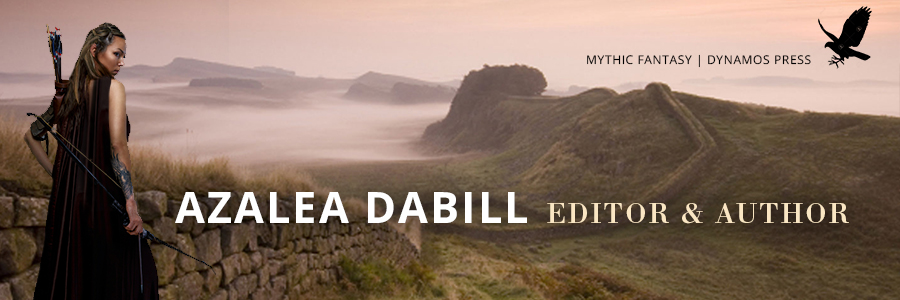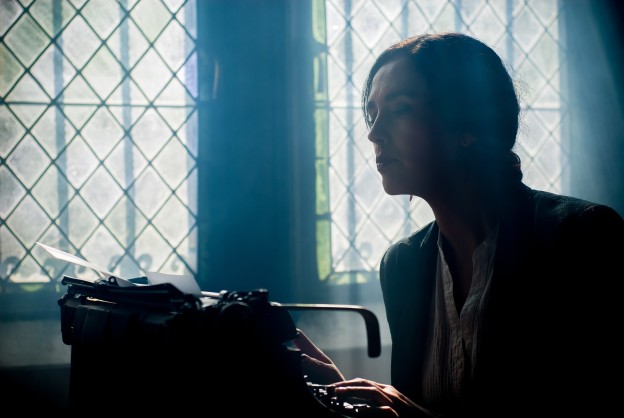I decided to be transparent, bite the bullet, and bare my soul.
These are the kinds of books I love: the ones that pull you deep into a a story world you wish didn’t have to end. The poetic painting of a place where you sense loyalty, love, and goodness rising to do battle against deception, despair, and hate. From the little things like the ups and downs between companions on a great journey, to the soul-tearing decisions of romance, or the life-threatening choices before you, as the hero or heroine.
A world where conflicts are fought within and without. In the intricate vales of the human spirit; in the broad ‘scapes of the land, terrible, beautiful, or engagingly homey; and most of all, in the battle between soul and soul, where the conflicting desires of a villain or villaness (if I can coin the word) and the hero or heroine, drive everything from large armies to their companions, sycophants, or honest followers. What they see and how they react decides their impact on their world, whether they spread darkness or light.
Besides the tried and true we all know, like Tolkien and Lewis, Anna Thayer’s The Knight of Eldaran trilogy, CJ Cherryth’s Fortress in the Eye of Time, Robin McKinley’s The Blue Sword, Sherwood Smith’s Crown Duel, Dennis McKiernan’s The Iron Tower trilogy and The Silver Call duology, Patrick Carr’s The Shock of Night: these types of stories all draw me like a lodestone. In the good conflict contained within them, I glimpse the Morning Star.
This is the very reason I began to write, for those glimpses of joy, beauty, and adventure. And I have feared letting other people know how very much I like poetic, deep themed, character and conflict driven fantasy: historical fantasy, and every other kind of fantasy. Even to other genres. Except for horror and dark.
Because there is darkness enough in our world, enough emptiness, enough despair. What some call realism–the idea that we exist by chance, (which means we have no purpose, no part to play) is actually despair, not the true state of affairs in our world.
Part of Webster’s dictionary definition of despair is “without hope.” And a definition of hope is “to…hope with the expectation of attainment.” If you have no hope of attainment, (which holds solid meaning in its very definition) why do anything? What’s the point? Or why not do whatever you feel like? Tomorrow we die, with less impact than a grain of sand.

When I was a teen, despair almost ate me alive. Partially it was because I was sick, which tends to make everything look black or grey, and partially it was the horrible things I began to see in myself, in life, and in the books I was reading. Where I looked for joy and beauty I began to see betrayal, which brought unhappiness and ugliness. (Fantasy has a strange way of highlighting whatever it portrays, whether darkness or light.)
Suffice it to say, I was learning. But also absorbing what was around me without perspective. I saw a picture in my mind of dominant, rampant evil smothering good, and of despair, a kind of creeping death drawing its shadow over the world. The younger, happy me I used to be was gone, without return.
Then I began to realize, without knowing it at first, that there was more. All who follow good must fight evil, or we will be overcome. And goodness often exists, apparently overcome, but triumphant in the end.
Yes, there is darkness, and fear, and despair, and hate in us and in our world. There is also beauty and joy and hope. Because we were sent here, particular in every area of our being, of time and place, and our every step resounds through the fabric of time, and beyond.
Does this sound like a sci-fi or fantasy story?
It is. And this story is true. Because it’s true, it’s quite natural we find it reflected in many books, the great conflict between dark and light. Not always portrayed clearly or truthfully, but still glaringly there.
With God, all is hope, however we feel about it, for he works all things (even the things that hurt) to our good when we walk with the great dance of his universe, not following the destructive road of the great rebellion. The difference between books of despairing realism and those of hopeful adventure are created when we who write them see the real world, the true story, reality, as we name it, through what we believe. Here it gets tricky. You have to pay attention.
What is true, is true, whoever sees it. But the person who sees the clearest will see the most truth. God is absolute truth, and in his light, we see light. I don’t mean here that we ever see the complete truth, for we see dimly, but we can point to him, who promises to teach us.
So, what fits the world we see, and our experience, best?
That intricate and full of life as we are and our world is, all is for nothing? And consequently there is no good, and no evil? No purpose? Not even for a grain of sand?
Or that someone made all this, and us, and we can find joy and beauty and adventure in him? That we can fight evil, and it will mean something in the end, we can really save something or someone? We can really be a hero or heroine?
These opposing beliefs determine whether you see a grey world, or a world alight with its true splendor, a glory of golds and blues and greens, silver and brown and white as snow–and blackness, dark as the pit. That is not gone, just because we see the good. In fact, it becomes all the darker, revealed by the light.
As many others have said, truth makes stories possible. Truth shows good and evil as they are, opposed; shows the mixture of good and evil motives we often are, and the two roads we are torn between. Truth reveals, moment to moment, which road we are on.
I write my fantasy adventures, historical and otherwise, for teens and up, for those disillusioned or discouraged with the rampant ugliness in our world, so often showcased in books. I write for people who yearn for hope, joy, and beauty, wrapped in the clarion call of adventure.
I hope this post, my turning point in 2017, helps you. That my breakthrough, that I had a wall of my own to overcome, namely fear of you, gives you courage to cross over whatever life-changing wall looms over you this coming New Year.
Crossover: Find the Eternal, the Adventure
Yes, start this very moment.

Define good and evil, and continue your journey with truth. Make a great impact on your world.
I will feel it from here! Let me know in the comments about your wall, and how you will overcome it.
All the best,
Azalea Dabill
Editor and Author
Crossover: Find the Eternal, the Adventure






